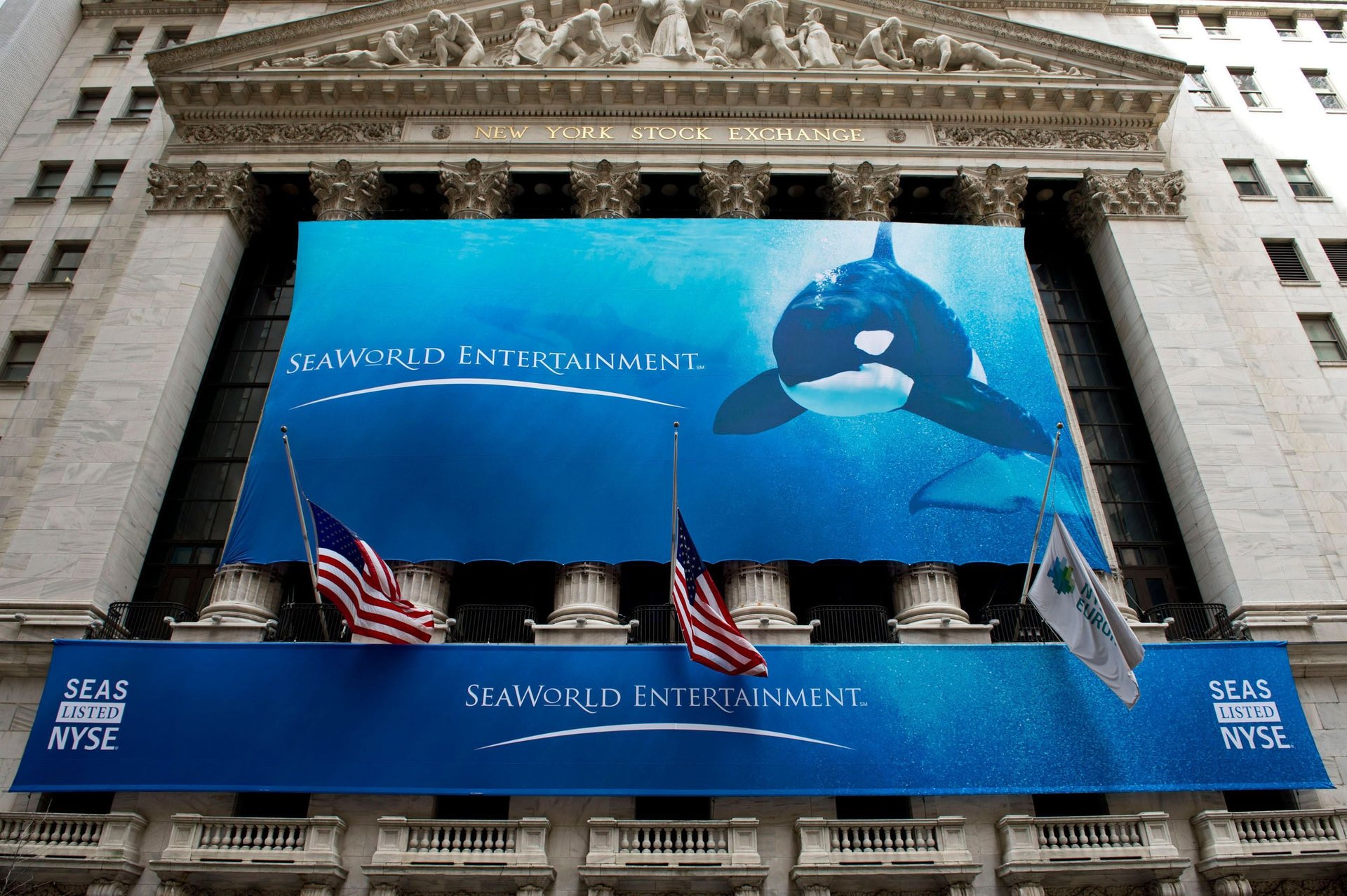SeaWorld is facing yet another lawsuit—this time for how it handled shareholders, not orcas
A Michigan man who invested in SeaWorld has filed a lawsuit against the marine theme park operator, seeking damages on behalf of everyone who purchased stock in the company between April 2013 and August 2014. The investor, Lou Baker, and his lawyers alleged that the company artificially inflated its share prices by downplaying the effect of the Blackfish documentary on park attendance. The Rosen Law Firm, which is representing Baker, announced last month that it was “investigating potential securities claims” against SeaWorld. Now the lawsuit has materialized, though it has not yet been certified with class-action status. SeaWorld declined to comment on the litigation.


A Michigan man who invested in SeaWorld has filed a lawsuit against the marine theme park operator, seeking damages on behalf of everyone who purchased stock in the company between April 2013 and August 2014. The investor, Lou Baker, and his lawyers alleged that the company artificially inflated its share prices by downplaying the effect of the Blackfish documentary on park attendance. The Rosen Law Firm, which is representing Baker, announced last month that it was “investigating potential securities claims” against SeaWorld. Now the lawsuit has materialized, though it has not yet been certified with class-action status. SeaWorld declined to comment on the litigation.
Blackfish, one of the most talked-about films of 2013, had an outsized and lasting effect on public perceptions of SeaWorld, prompting campaigns to boycott the park in protest of its flagship attraction—captive killer whales trained to perform in circus-like shows. Many people who watched Blackfish, in theaters over the summer of 2013 and on CNN broadcasts last fall, came away with a strong impression that keeping whales in captivity for entertainment is unjustifiable. SeaWorld’s reputation was tarnished, to say the least.
SeaWorld, which had its initial public offering in April 2013, initially told investors not to worry about the Blackfish effect. As park attendance dropped (by 9% in the second quarter of 2013) and the stock dipped in the months following the film’s release, CEO Jim Atchison maintained that this had nothing to do with Blackfish—saying that bad weather, an early Easter, and high ticket prices were to blame. August 2014 was when the company first acknowledged that its performance had been hurt by the Blackfish controversy.